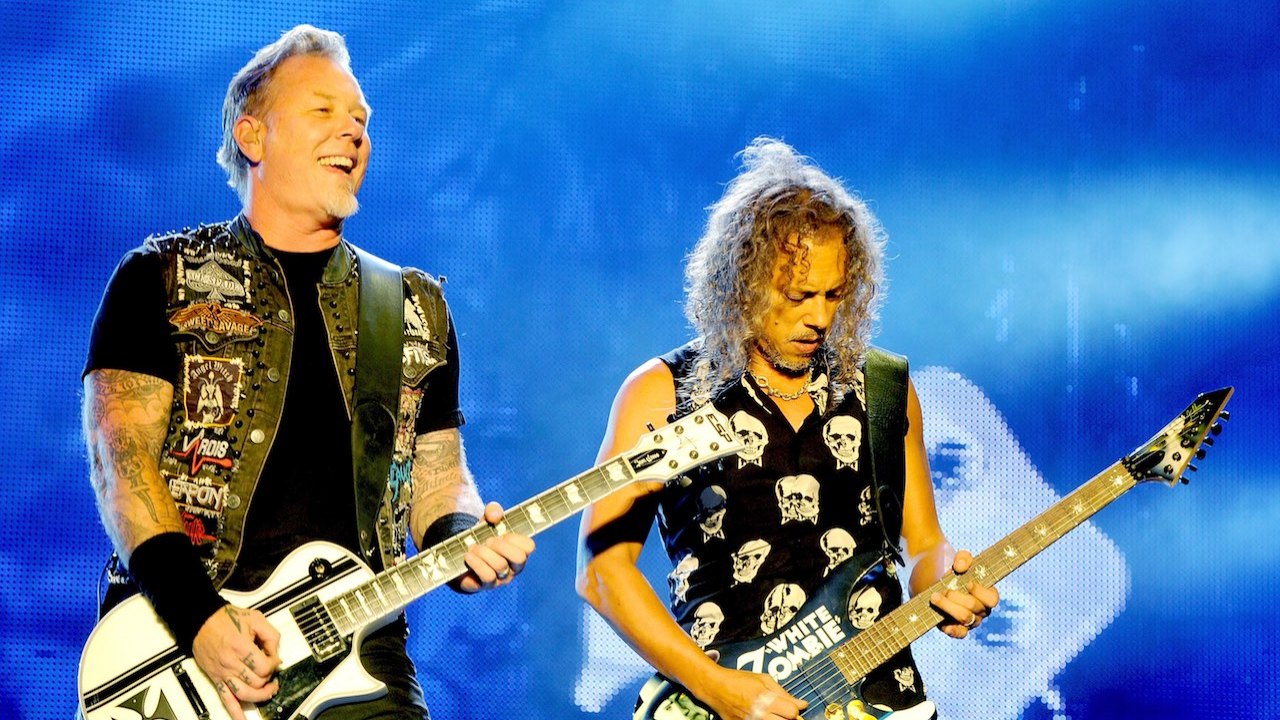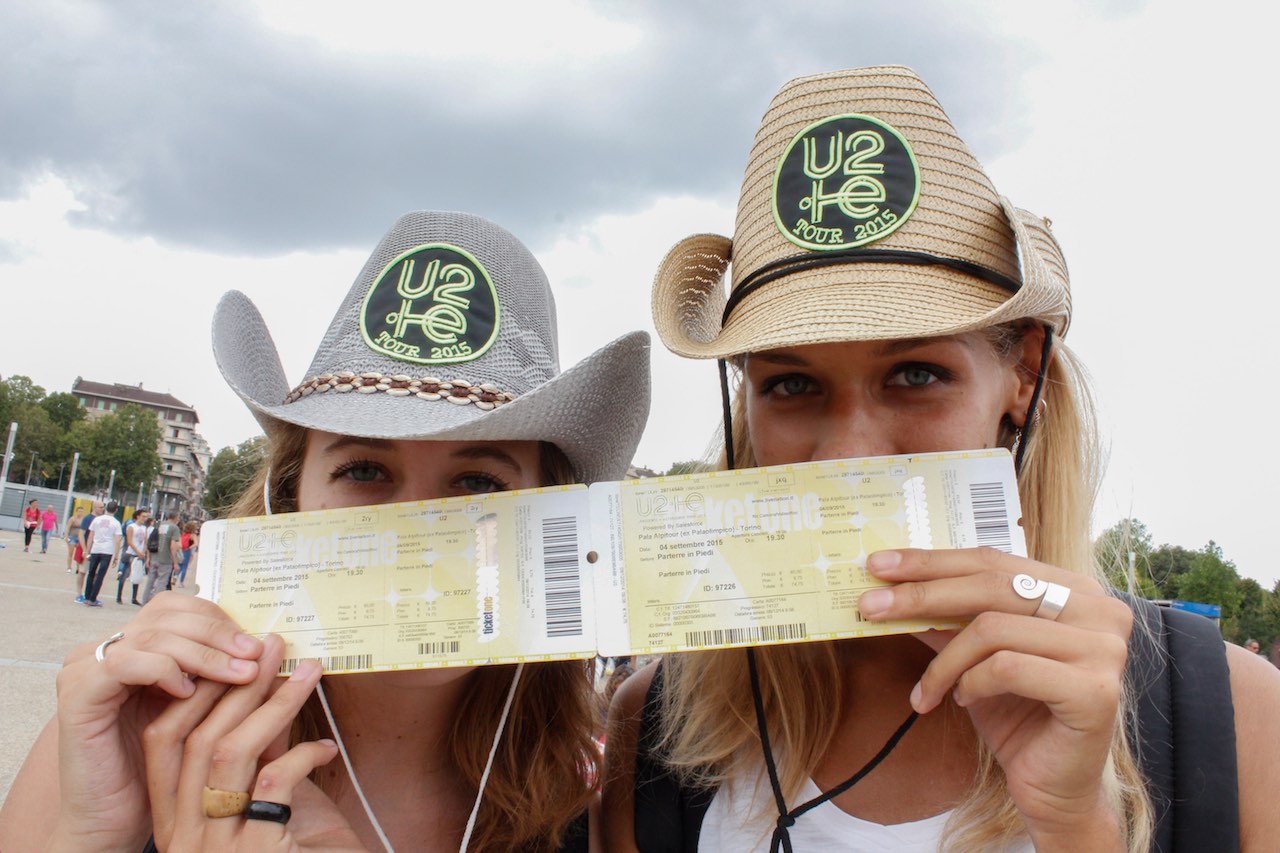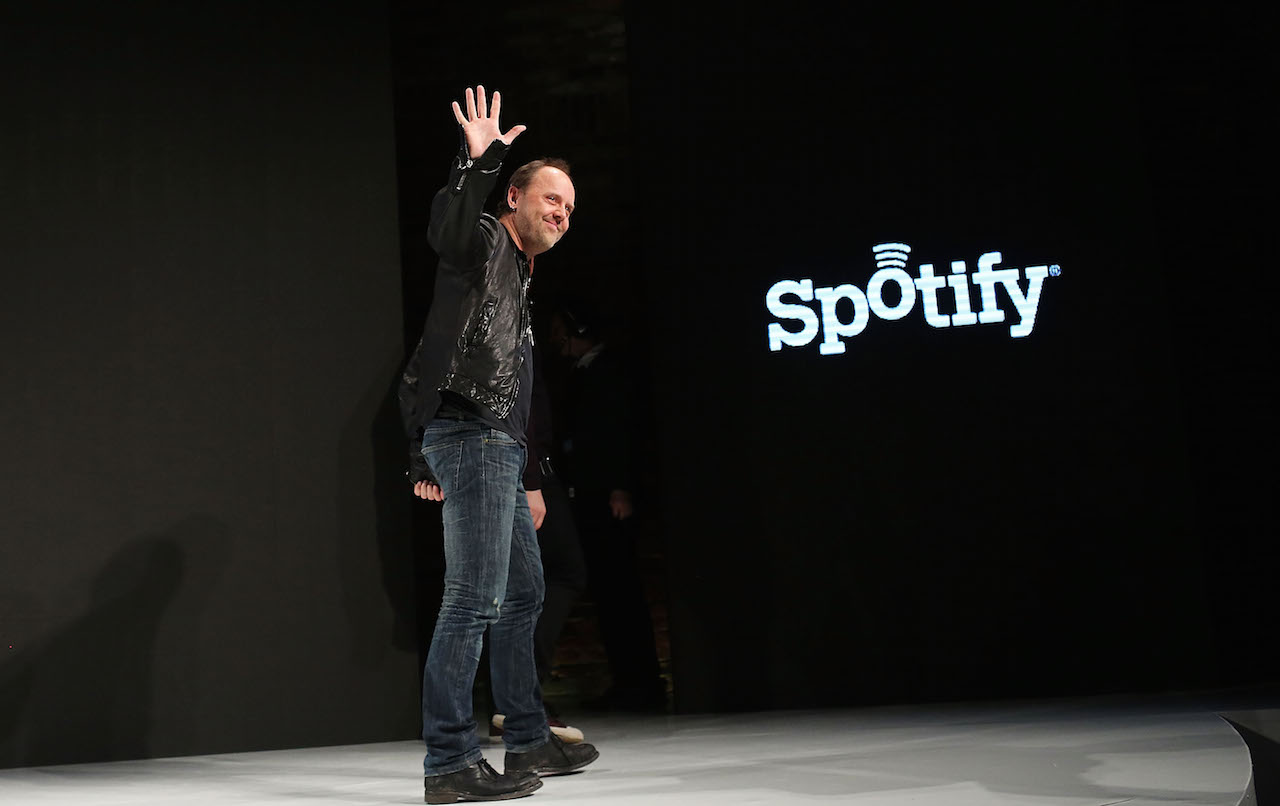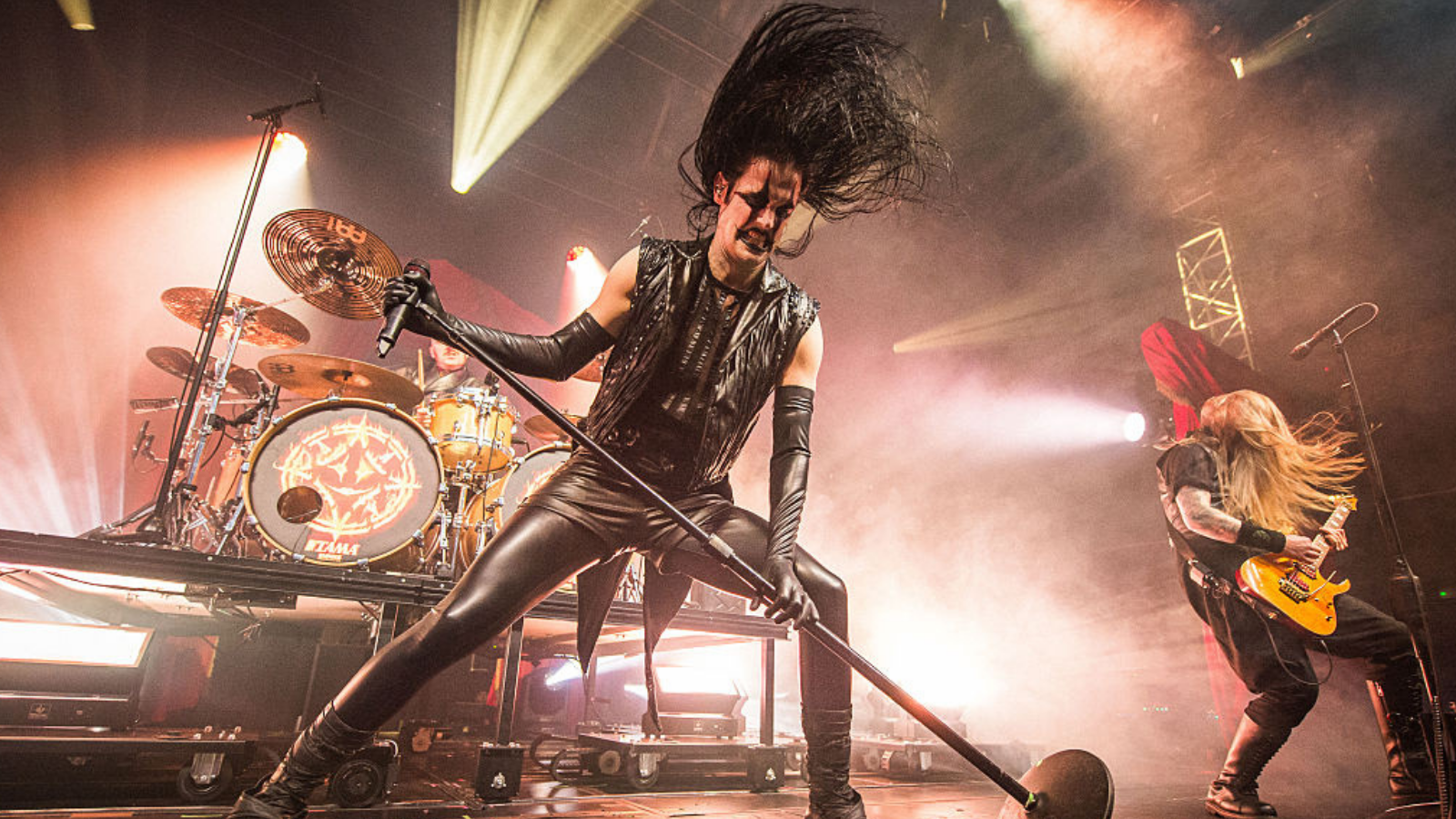Why Metallica haven't made a new album
Some of the biggest rock acts in the world no longer make albums. Why? It's about the money.

Select the newsletters you’d like to receive. Then, add your email to sign up.
You are now subscribed
Your newsletter sign-up was successful
Want to add more newsletters?

Every Friday
Louder
Louder’s weekly newsletter is jam-packed with the team’s personal highlights from the last seven days, including features, breaking news, reviews and tons of juicy exclusives from the world of alternative music.

Every Friday
Classic Rock
The Classic Rock newsletter is an essential read for the discerning rock fan. Every week we bring you the news, reviews and the very best features and interviews from our extensive archive. Written by rock fans for rock fans.

Every Friday
Metal Hammer
For the last four decades Metal Hammer has been the world’s greatest metal magazine. Created by metalheads for metalheads, ‘Hammer takes you behind the scenes, closer to the action, and nearer to the bands that you love the most.

Every Friday
Prog
The Prog newsletter brings you the very best of Prog Magazine and our website, every Friday. We'll deliver you the very latest news from the Prog universe, informative features and archive material from Prog’s impressive vault.
The legendary Troggs Tapes tell you everything you need to know about being a band in the studio struggling to bottle your next hit, capturing as it does the band on the lip of a collective breakdown. “You gotta put a little bit of fucking fairy dust over the bastard,” barks drummer Ronnie Bond at one point, exasperated at nothing going right. “Fucking drummer,” adds lead singer Reg Presley later. “I shit him.”
Back in 1970, when engineer Clive Franks surreptitiously recorded it, a smash single or album could be all a band like The Troggs needed to set them up for life. Hits were a licence to print money and bands went on the road, haemorrhaging cash or possibly breaking even, to help sell records. It wasn’t a perfect business set up, but it worked. Since the turn of the millennium, however, that revenue model has been inverted. Records are now the loss leader to sell gig tickets. At its most extreme, U2 gave away their latest album, Songs Of Innocence, in 2014 to 800m iTunes customers but their fiscal eye was on using it to promote their current arena tour. Like four Jerry Maguires in age-inappropriate leather jackets, U2 only wanted you to show them the money.
Bono has talked extensively about how painful creating an album is (insert your own “Not as painful as it is to listen to” joke here) – bound up in months or years in the studio, self-doubt and scrapped recordings – only for it to come out and sell a fraction of what their career-defining albums did. In 2000, there were 164.8m albums sold in the UK; in 2014 there were 86.8m. In that time period the average price of an album, not factoring in inflation, has fallen from £10.98 to £7.84. The album market, in both volume and value terms, is down the toilet.
So why subject yourself to the trauma of The Troggs or Metallica (as painfully detailed in 2004’s Some Kind Of Monster documentary), recording an album that, in financial terms, will struggle to wash its own face when you can go on the road for six months and trouser the fat end of $1m a show.

Artists of a certain age have long been attuned to this reality. It is a zero sum game played out in public, but what has changed is that more and more of them have flipped the ejector seat and bailed before they crash. None have explicitly said they will no longer make albums, but that’s what it’s beginning to look like.
Metallica haven’t made an album since 2008 and Kiss have only managed two albums this century. Meanwhile The Rolling Stones have not released a new album in a decade. Joe Perry has publicly questioned the wisdom of making another Aerosmith album while Paul Stanley has said it is not “necessary” for Kiss to record again. Yet all of these acts tour like clockwork. A look at their album sales and Spotify plays for their most recent recordings makes it very clear why it’s the road and not HMV that are bloating their pension plans.
Metallica’s last two albums, St Anger and Death Magnetic, have sold just over 10m copies globally. Even if they recoup all the studio, marketing, manufacturing and distribution costs, it’s unlikely they clear more than a few dollars per copy. It’s still a lot better than cleaning windows, but a far cry from the 16m sales in the US alone of The Black Album. And spare a thought (and a dime) for Kiss whose last two albums, Monster and Sonic Boom, haven’t even passed 1m global sales between them.
The latest news, features and interviews direct to your inbox, from the global home of alternative music.
At this point you might presume that streaming is the new future for these acts. The diametric opposite is the reality. Those two aforementioned Kiss albums have, between them, clocked up 10m plays on Spotify. Based on Spotify’s average payment of $0.007 per stream, that works out at a grand total of $70,000 in royalties between all the members (not including the label cut, the publisher’s share, management’s 20%, tax and so on).
Metallica have fared somewhat better on streaming services (and they are rumoured to have got equity in Spotify for licensing their music to the service in 2012). Their two most recent albums have, between them, have had just over 45m track plays. Before deductions, that’s $315,000. After James Hetfield buys new singlets and guitar strings and Lars Ulrich invests in some new headbands and cymbals, there is not much left over.

Compare that to their Death Magnetic tour which grossed $217m and it becomes apparent which side their metal bread is buttered on. The Rolling Stones have put out two new songs, Doom & Gloom and One More Shot, since 2005 and only then as a way to push sales of the GRRR! compilation. Since the turn of the millennium they have, however, toured five times, playing a total of 338 shows and grossing just shy of $1.3bn. That works out at $3.8m a show. No album is going to make them anywhere near that sort of money.
Since the turn of the century Kiss have undertaken 11 tours, with the longest being the 142 dates of the perplexingly titled “Farewell” tour of 2000-2001. In 2014, they played 93 dates and their gross for the US section alone was $17.8m. Gene Simmons is a man who has never seen a dollar bill he didn’t like and so if Kiss are on the road more than they’re in the studio you can be sure it’s because that’s where the money is.
When you get to a certain point in your career you just have to accept that the phrase “Here’s a new song” is the starting pistol for the fans’ race to the bar. They’re willing to pay a huge sum of money to hear their favourite bands play a rough approximation of the songs they know in a stadium or arena. They won’t blink at paying £6 for a beer as they watch them but they will almost certainly not want to pony up £6 to buy a new album on iTunes.
Why go through the pain of making an album that only a handful of people want and even fewer will like when you can travel in luxury around the world for a few months and step on stage each night in front of tens of thousands of people who are genuinely excited to see you? Artist egos are such that they still want, 40 years in, to be “relevant”, but most of them know that playing to 100,000 people a night trumps selling 100,000 albums in total. Their record sales are going down; ticket sales, in both number and price, are going up. Bands like to play dumb but, when they look at their record sales and compare that to their box office takings, they’re a lot smarter than many give them credit for.
